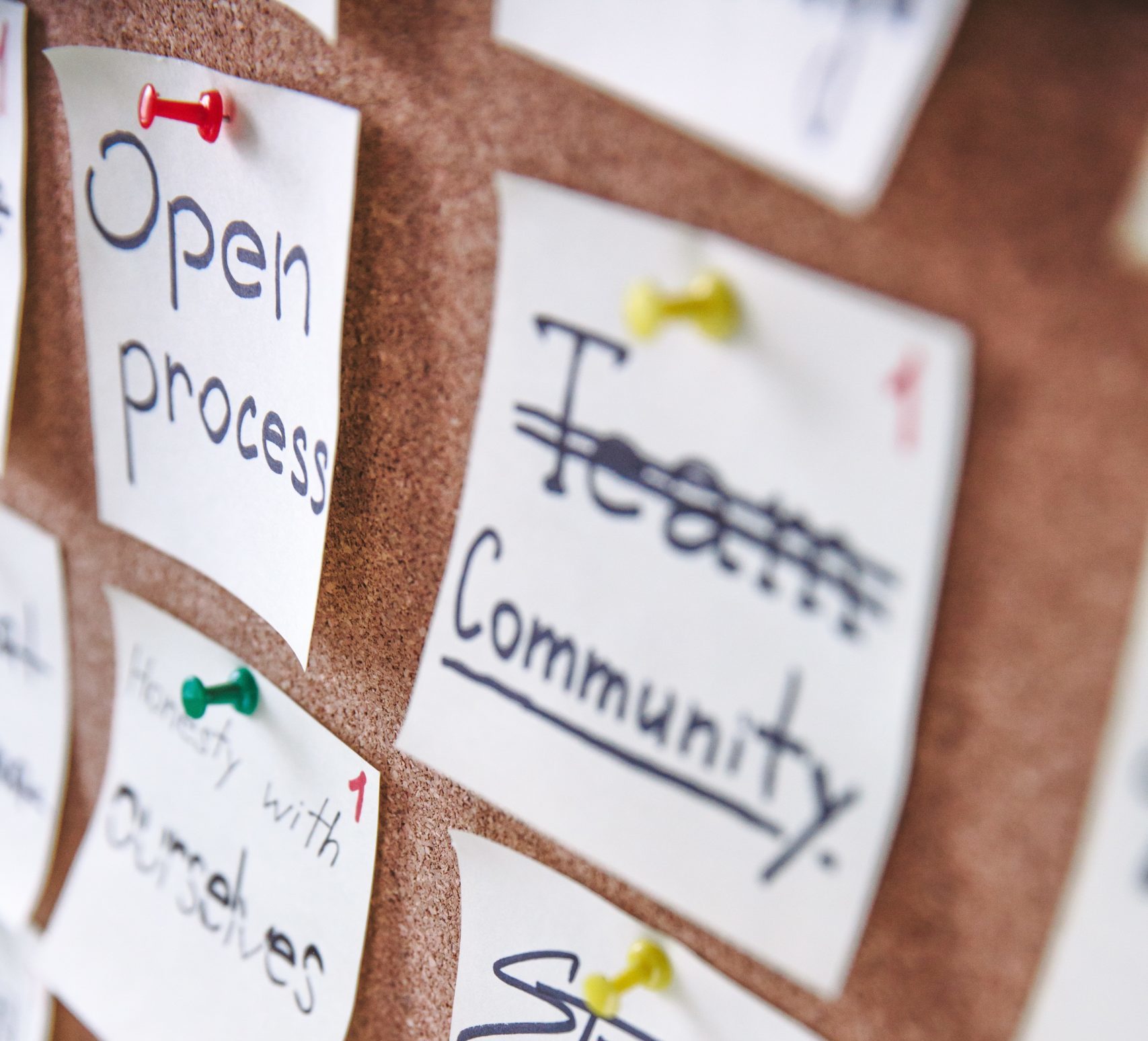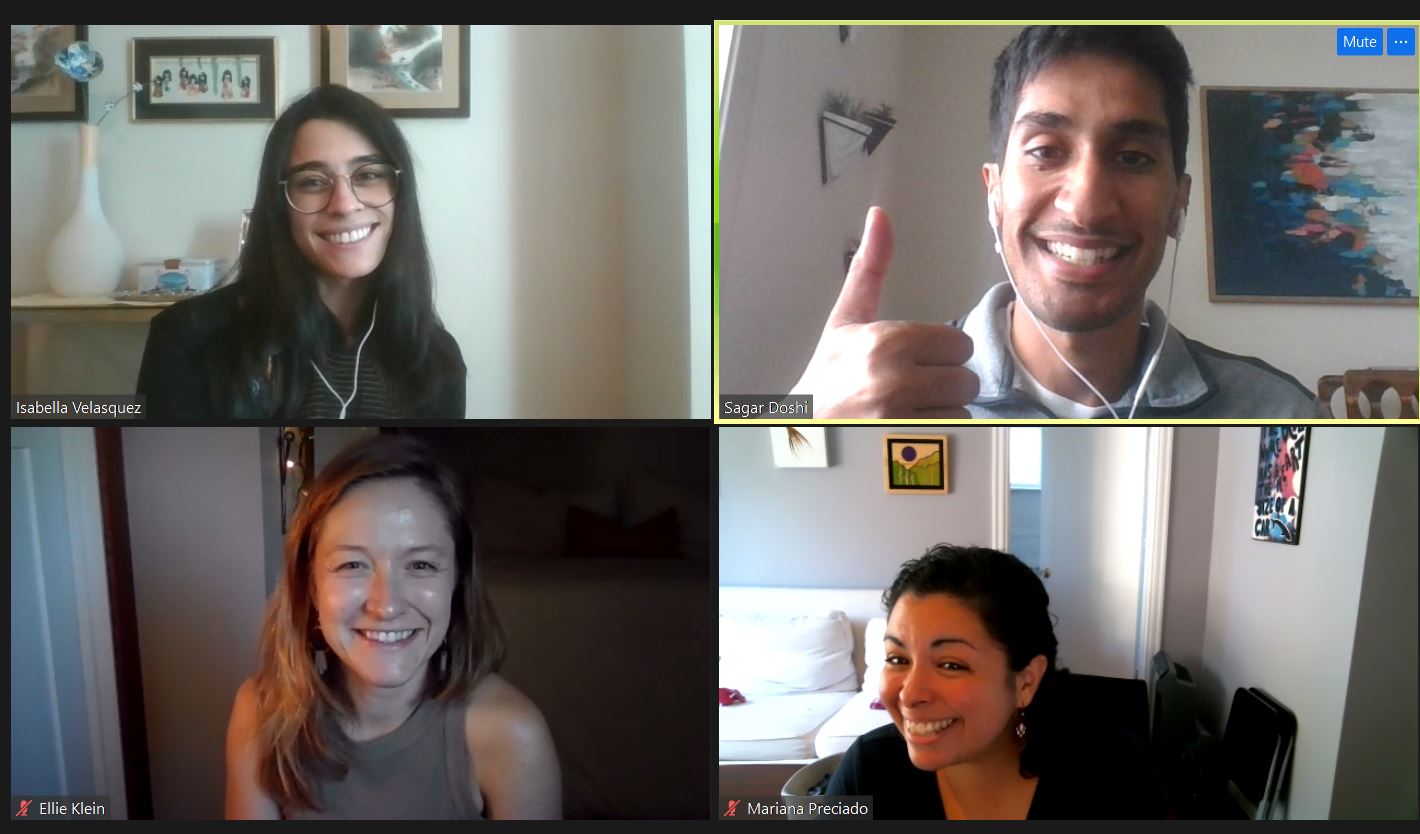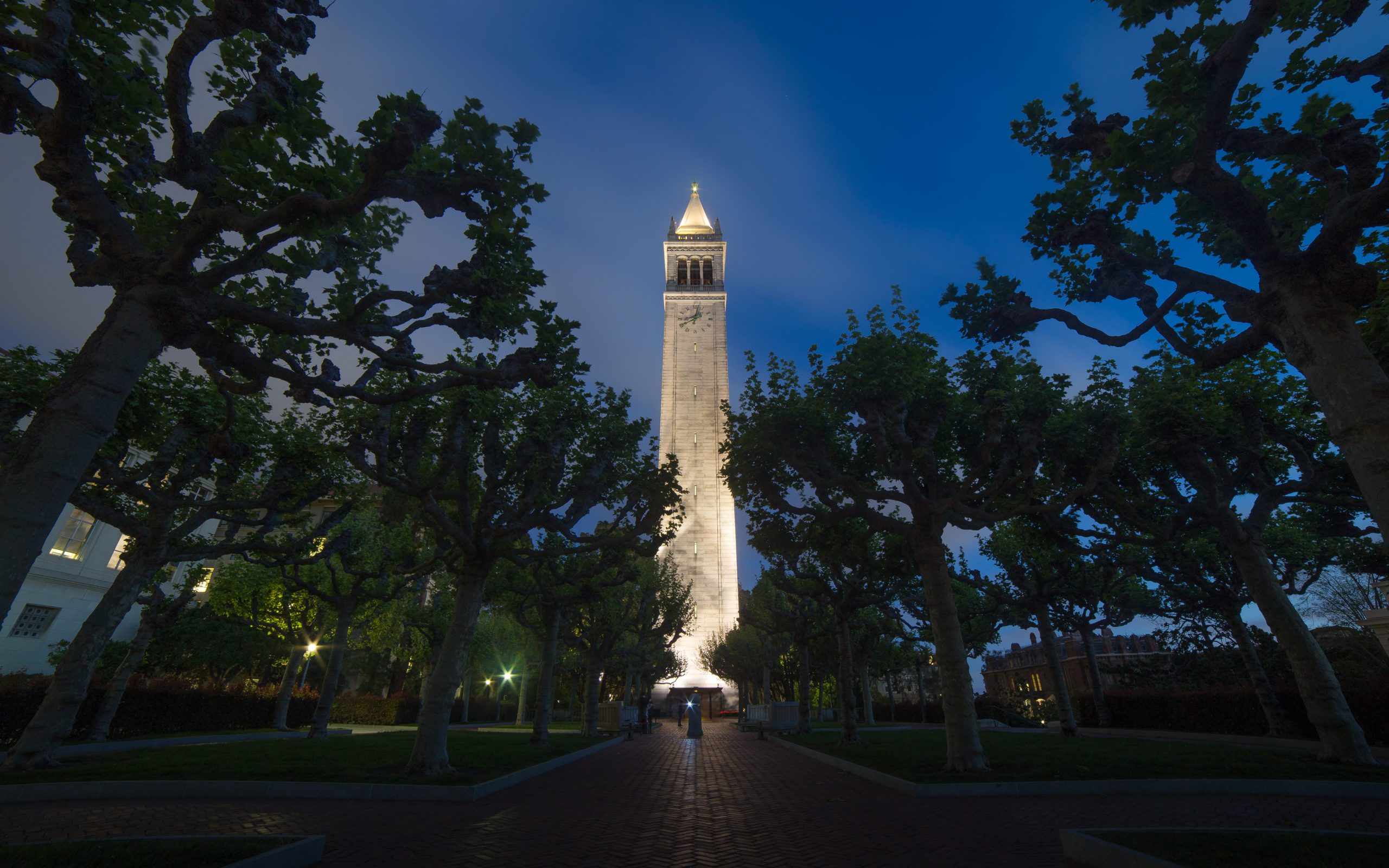Dow SISCA Awards $10k to Critical Agricultural Research for Developing World

By Amy Dinh, CRB Program Manager
The world is facing a great food crisis, and its epicenter is in Sub-Saharan Africa. While the region is poised to have explosive population growth in the next several decades, today one-quarter of its population is undernourished.
Increasing food security is crucial for its future economic stability and development. The Bill and Melinda Gates Foundation and the United Nations Food and Agricultural Organization (FAO) have stated the urgency for more research to help Sub-Saharan African farmers produce more resilient, sustainable food crops.
The CRB and its partners were proud to recognize a UC Berkeley graduate student contributing to this effort. In December, Michael Alberto Gomez, PhD candidate in the Microbiology Program, received the $10,000 Dow Sustainability Innovation Student Challenge Award (SISCA) Grand Prize for his research on “Plant Genome Engineering by the CRISPR-Cas System for Potyvirus Resistance.”
The Global Challenge
Cassava root is a food staple for hundreds of millions in Africa, Asia, and Latin America, mainly grown by small farmers who rely on the hardy, drought-resistant crop for both food and income. A growing problem for them is the Cassava Brown Streak Disease (CBSD); farmers can lose entire crop fields to the disease. According to the International Institute of Tropical Agriculture (IITA), the damage that CBSD has on the African economy is estimated to be around $175 million annually, with poor subsistence farmers hit the hardest.
Historically, CBSD was known only in lowland and coastal east Africa. Since the early 2000s, it has been spreading erratically to new areas. Observers are especially concerned about the vulnerability of Nigeria, the world’s largest cassava producer, and the fact that climate change may be exacerbating the problem. Current attempts to curb the disease have been ineffective and had negative impacts of their own (e.g. toxic pesticides to kill the insects carrying the CBSD-causing virus).
Potential Implications of the Award-Winning Research
Gomez’s research focuses on using an emerging biotechnology called the CRISPR-Cas system. Derived from the adaptive immunity system of the bacterium Streptococcus pyrogenes, researchers are exploring its many potential applications for genome editing. Gomez is using this tool to induce a genetic mutation in cassava, theorizing that this mutation would increase its resistance to the viruses that cause CBSD, Cassava Brown Streak Virus (CBSV) and Ugandan CBSV.
If his thesis holds true, it would have implications not only for cassava farmers, but also farmers of other crops affected by the viruses similar to CBSV. The resulting biotechnology would also be of high interest to companies involved in agricultural development in eastern Africa, and indeed for all organizations vested in a stable, prosperous sub-Saharan Africa.
The Competition
Gomez earned SISCA’s grand prize on December 6, 2013, which is funded by The Dow Chemical Company. His work met the competition’s criteria of having great, demonstrable potential for solving a global challenge, interdisciplinary and collaborative nature, innovation in thinking, and excellence in research.
The first runner-up SISCA prize went to WattTime, an online energy demand response tool submitted by Dilek Uz, Gavin McCormick, and Anna Schneider, while the second runner up prize went to Samuel Kanner, a Mechanical Engineering PhD candidate developing an innovative platform design for floating vertical-axis turbines.
SISCA aims to showcase as well as bring together the diversity of sustainability research happening at Cal, in the hopes of encouraging more collaboration and innovation. To that end, we thank all of the students who joined the competition, from the College of Natural Resources, College of Engineering, Haas School of Business, School of Information, and College of Chemistry, as well as the cross-disciplinary faculty who served as judges and team mentors.
For more photos from the Final Presentations and Award Ceremony, check out the photo album on the CRB’s Facebook page.
Have a Prize-Winning Idea of Your Own?
UC Berkeley graduate students: are you working on the next sustainable, innovative, and interdisciplinary project that will win SISCA? Keep your eyes open for 2014 competition details to be announced on the CRB website and in your departments in late summer!


